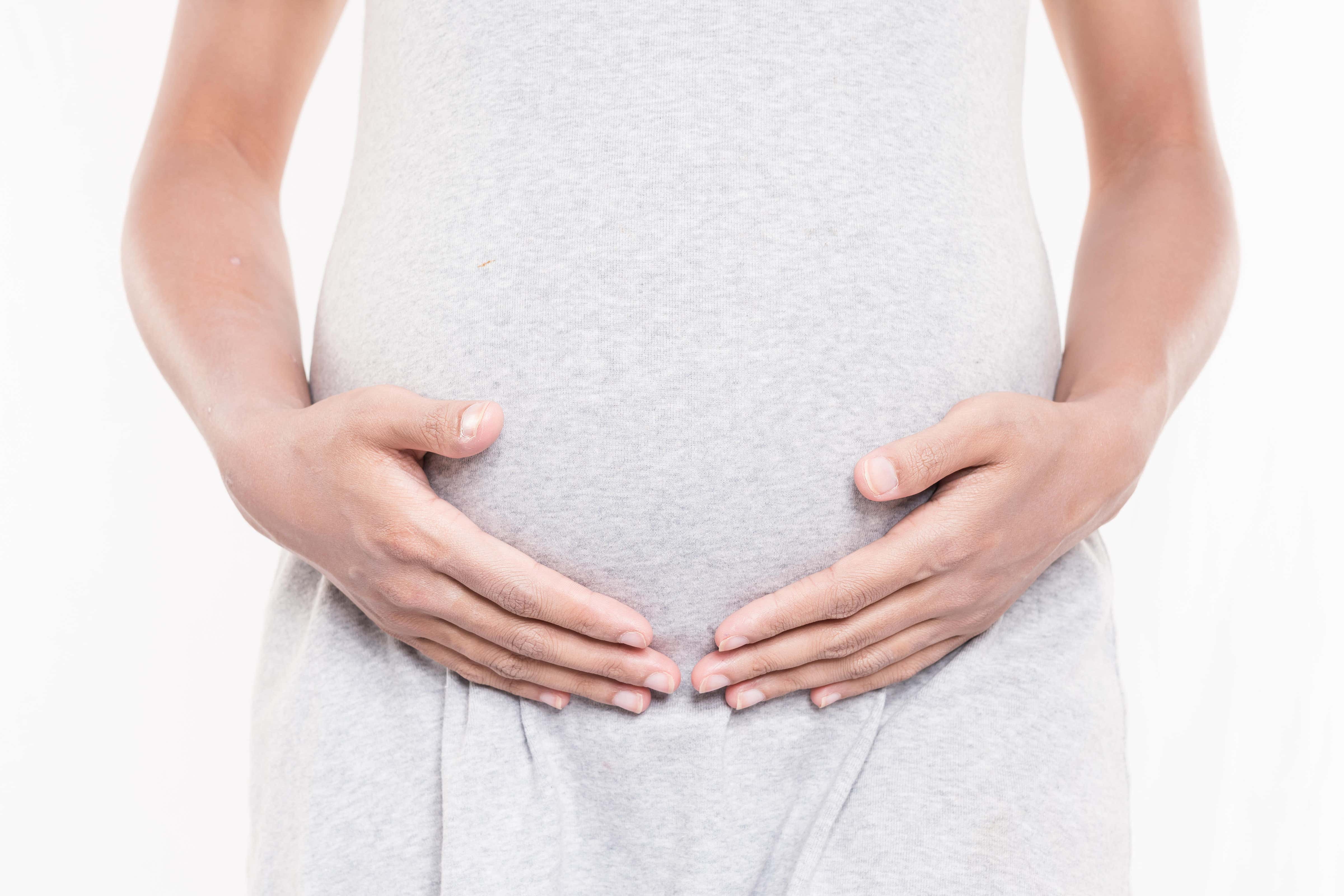Vitamin D supplements help pregnant women have a ‘natural delivery’, says study
Analysis showed that 65.6% of women who took extra Vitamin D gave birth naturally.

Your support helps us to tell the story
From reproductive rights to climate change to Big Tech, The Independent is on the ground when the story is developing. Whether it's investigating the financials of Elon Musk's pro-Trump PAC or producing our latest documentary, 'The A Word', which shines a light on the American women fighting for reproductive rights, we know how important it is to parse out the facts from the messaging.
At such a critical moment in US history, we need reporters on the ground. Your donation allows us to keep sending journalists to speak to both sides of the story.
The Independent is trusted by Americans across the entire political spectrum. And unlike many other quality news outlets, we choose not to lock Americans out of our reporting and analysis with paywalls. We believe quality journalism should be available to everyone, paid for by those who can afford it.
Your support makes all the difference.Women who take extra vitamin D during their pregnancy are more likely to have a ‘natural’ delivery, according to new research.
The study, published in the Journal of Public Health, analysed results from the MAVIDOS trial which involved 965 women being randomly allocated an extra 1,000 International Units (IU) per day of vitamin D during their pregnancy or a placebo.
Analysis showed that 65.6% of women who took extra Vitamin D had a spontaneous vaginal delivery, or “natural” delivery, compared to 57.9% in the placebo group.
Fewer women from the vitamin D group had an assisted delivery (13.2%) compared with the placebo group (19.4%).
However, the number of women in each group needing a caesarean operation to deliver their baby was similar (vitamin D 21.3%, placebo 22.7%).
Dr Rebecca Moon, a clinical lecturer at the MRC Lifecourse Epidemiology Centre (MRC LEC), University of Southampton and NIHR Southampton Biomedical Research Centre, said: “Most women want to have a ‘natural delivery’ of their baby.
Vitamin D deficiency is very common in the UK. We have also shown that extra vitamin D in pregnancy can improve the mother’s vitamin D level and has benefits to their child’s skeleton
“Our work suggests that taking extra vitamin D during their pregnancy might help them to achieve this.
“The women taking the extra vitamin D also had less blood loss after delivery, highlighting why this is so important. Further evidence is now needed to more thoroughly inform public health policy and clinical practice.”
MAVIDOS involved researchers from the University of Southampton and University Hospital Southampton NHS Foundation Trust (UHSFT) and is a large project looking at the benefits of vitamin D supplementation in pregnancy.
Professor Nicholas Harvey, MRC LEC deputy director and lead of MAVIDOS, said: “Vitamin D deficiency is very common in the UK. We have also shown that extra vitamin D in pregnancy can improve the mother’s vitamin D level and has benefits to their child’s skeleton.
“Importantly, National Institute for Health and Care Excellence guidance recommends that all pregnant women take 400 IU vitamin D per day.”